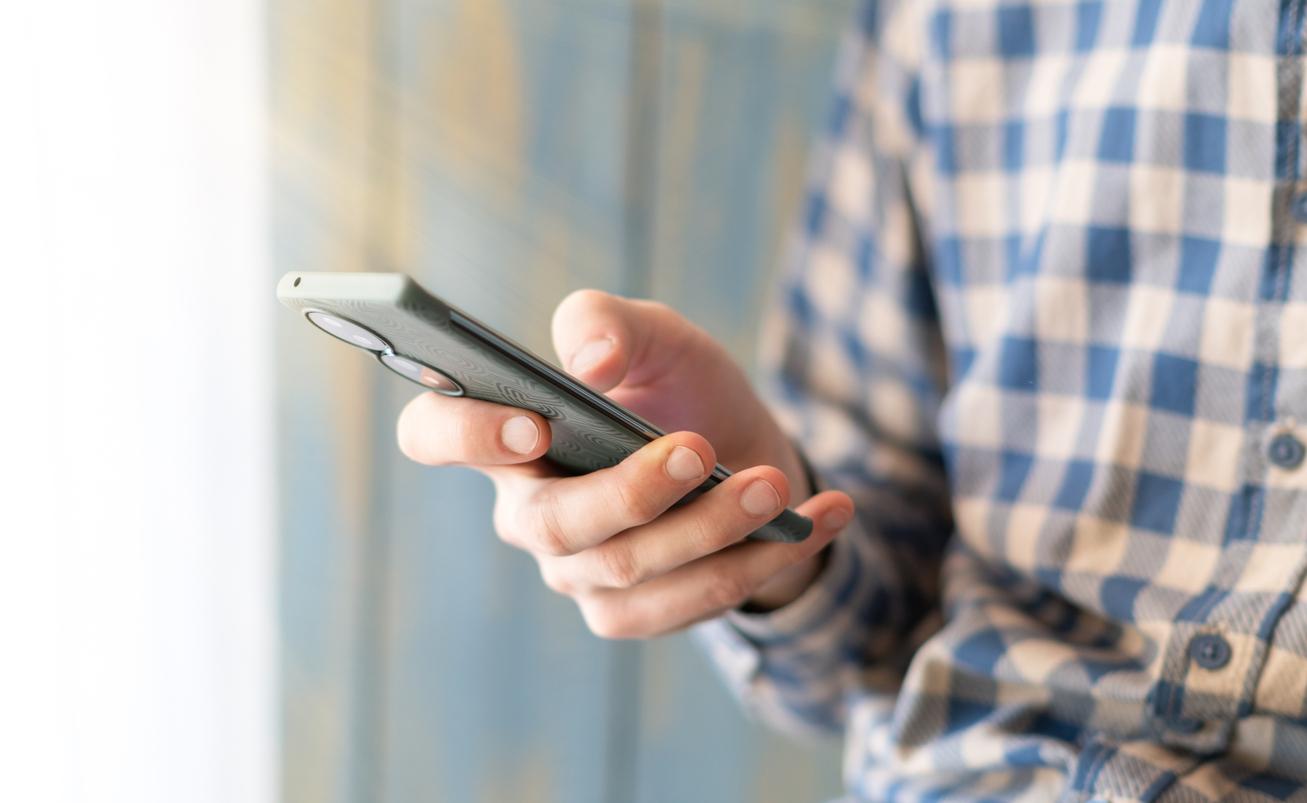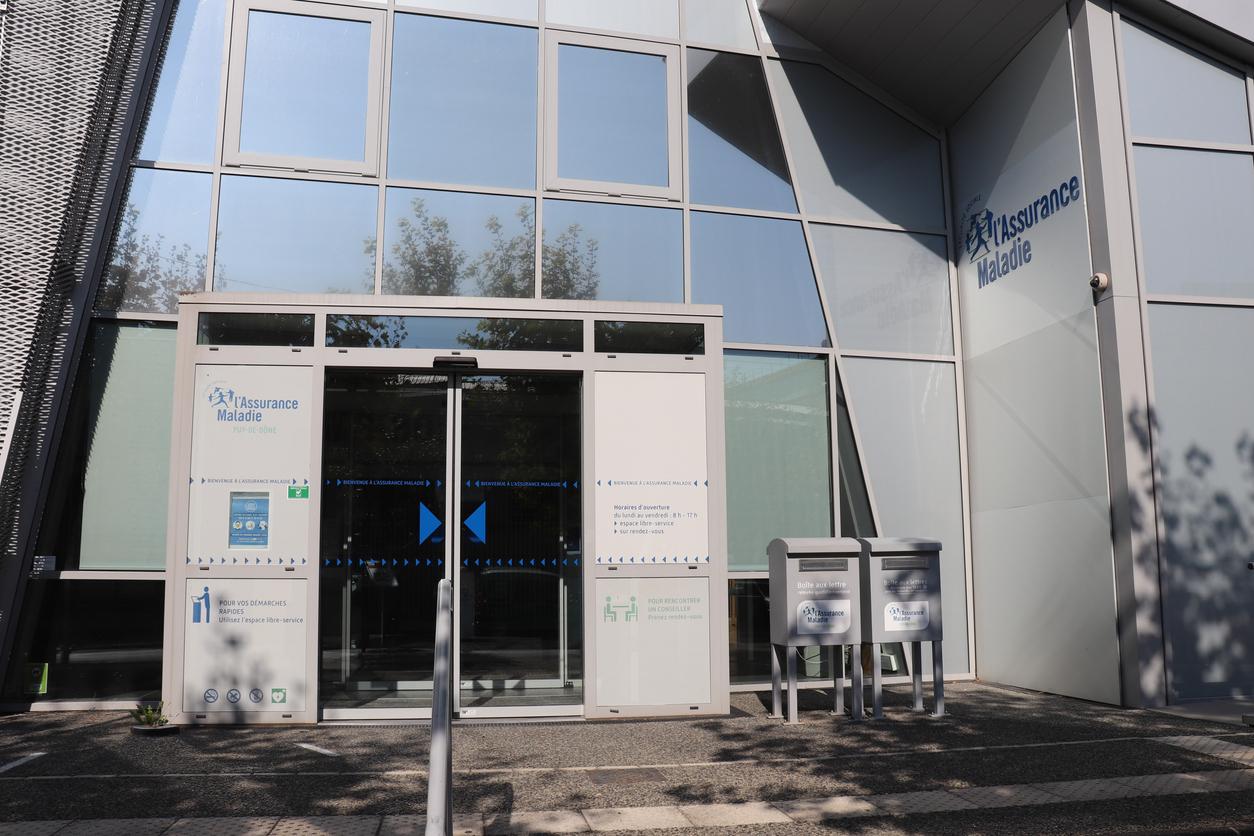While most doctors have been using Health Insurance tele-services for about ten years, some continue to refuse to use them.

“Guaranteeing policyholders appropriate coverage”. This is the promise of the Health Insurance on the online services that it has been developing for health professionals since 2011. However, if the majority of doctors today use these services accessible to all, some diehards still refuse to serve . But why?
The rumble began in 2014. That year, the union of general practitioners MG France called on practitioners to stop using tele-services to carry out work stoppages. Because this “allows the CPAM to multiply these control maneuvers on objectives against doctors”, he explained then. on its website. The authorities accusing the doctors of distributing wrongly and through work stoppages which weighed down the French finances, “certain health insurance funds took the opportunity to launch, without any consultation, a vast campaign to make general practitioners feel guilty about the subject of their prescriptions for work stoppages”, it was written in particular.
This is why, “the MG France union recalls that it recommends to each doctor concerned to refuse the so-called “setting under objectives” procedure and to approach their departmental managers as soon as they receive the first letter. MG France asks all doctors of France to immediately stop using the “online sick leave” tele-service which allows the CPAM to multiply these maneuvers at the doctor’s expense”, concluded the press release.
“It’s up to the patient to manage to get reimbursed”
Even today, hostility remains the rule among some. In May 2018, thousands of doctors still refused to use the Vitale card, believing that they did not have to do the work of the Health Insurance in its place. “You have to let the doctor do only medicine, the rest is not his problem, it’s up to the patient to manage to get reimbursed”, testifies to AFP a Parisian gastroenterologist questioned on the subject.
“I don’t like being policed and I have never accepted a Carte Vitale, which turns doctors into employees of insurance funds, while pushing patients to over-consumption of medicine due to non-payment”, adds a general practitioner in the English Channel. “If my patients told me that it is very boring, I would align myself. But they do not criticize and do not refuse to pay me directly”, assures a gynecologist in Côte d’Or, practicing for 40 years.
“There is a fringe of health professionals who believe that they are too close to the end of their activity to embark on computerization or remote transmission”, analyzes Pierre Peix, deputy director of operations at the CNAM (Caisse Nationale d’Assurance Sickness). “Some doctors are hesitant to use these tele-services, they may not have the impression that it will save time”, remarks for his part Doctor Elbaz, general practitioner in the Paris region invited to our episode Tele-services in health: to better help patients, himself a big fan of tele-services.
What do we do with medical data?
But beyond the old school VS new school aspect, there is the question of patient data. Indeed, some suspicious doctors wonder who does what with this information once it is transmitted via the Internet. Can a banker have access to his client’s health diagnosis and refuse him credit? “All transmission is secure, from the station with the health professional card to the Health Insurance server. Second element, all data processing is supervised from a regulatory point of view, in accordance with the CNIL And finally, with us, people who access sensitive data are authorized in the medical services. Not everyone has access to everything, we are very vigilant, “says Doctor Annika Dinis, director of the Tele-services program health professionals at CNAMTS (National Health Insurance Fund for Salaried Workers).
Finally, sometimes it is practical reasons that prevent some doctors from using tele-services. Indeed, it happens that general practitioners do not have access to certain offers because of the disparity of the plans. With the MGEN for example, it is impossible to use tele-services for sick leave. “At the beginning, we had tele-services exclusively adapted to the general scheme and for some time we have been working with all the schemes so that they offer these tele-services. But each scheme must carry out technical operations in its IT and upset its organization (…) We will, in the coming months, find solutions so that when a doctor arrives on a tele-service, he no longer asks himself the question of whether or not he can do it for this or that such a patient”, promises Doctor Dinnis.
In the meantime, it is above all the tele-consultation which worries doctors. While the latter became widespread in September throughout France in the hope of solving the problem of medical deserts, the Mutuelle d’assurance des professionals de la santé carried out a survey of healthcare professionals to get their opinion on the matter. Result: 73% of them (including 82% of general practitioners) fear a progressive “dehumanization of care” via this system which consists of meeting a patient through a computer.
Here is our entire program Télé-services en santé: to better help patients
.

















